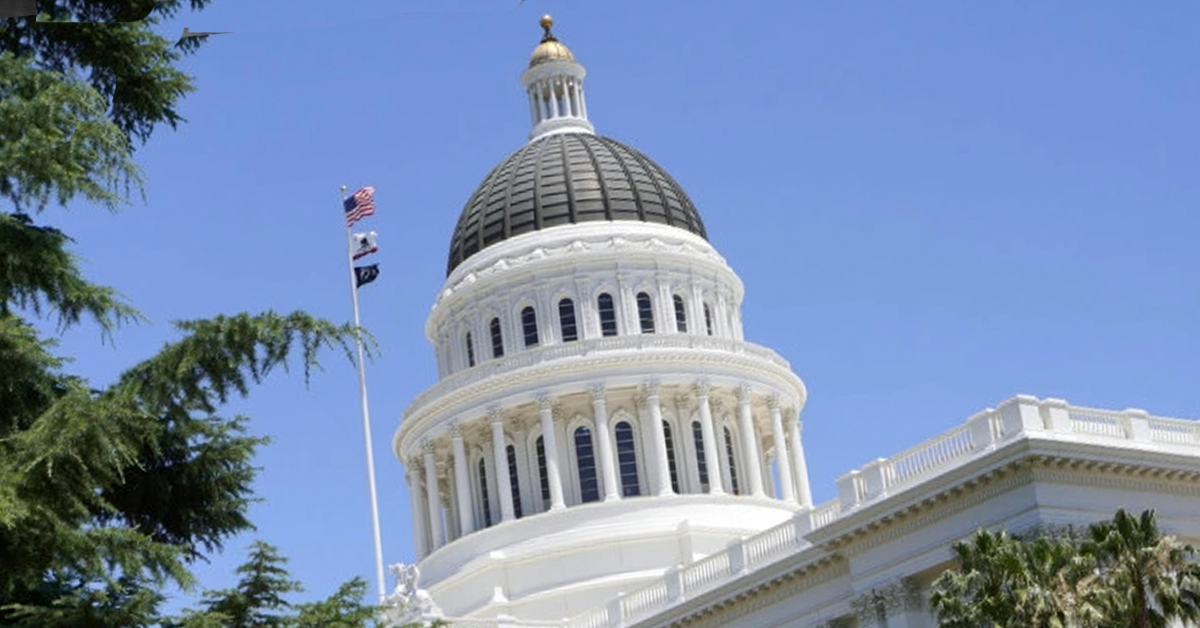The Supreme Court has rejected a nationwide settlement with OxyContin maker Purdue Pharma, which aimed to shield the Sackler family from civil lawsuits related to the opioid crisis.
The settlement would have required the Sackler family to contribute up to $6 billion and give up ownership of the company, but they would have retained billions more.
The big picture: The agreement intended to use the company’s profits for treatment and prevention of the opioid epidemic.
- Justice Neil Gorsuch, writing for the majority, stated that “nothing in present law authorizes the Sackler discharge.”
- Chief Justice John Roberts and Justices Brett Kavanaugh, Elena Kagan, and Sonia Sotomayor dissented from the decision.
Driving the news: The settlement had been put on hold by the Supreme Court in response to objections from the Biden administration.
- It remains unclear what will happen next in the case.
- Some critics believe the court’s ruling will have negative consequences for opioid victims and future victims of mass torts.
- Supporters of the settlement argue that it provided a victim-centered plan and would have provided billions of dollars for states to abate the opioid crisis.
- The issue at hand was whether bankruptcy protection applies to the Sacklers, who had not declared bankruptcy themselves.
- The settlement would have been among the largest reached by drug companies, wholesalers, and pharmacies to resolve opioid epidemic-related lawsuits, totaling more than $50 billion.










